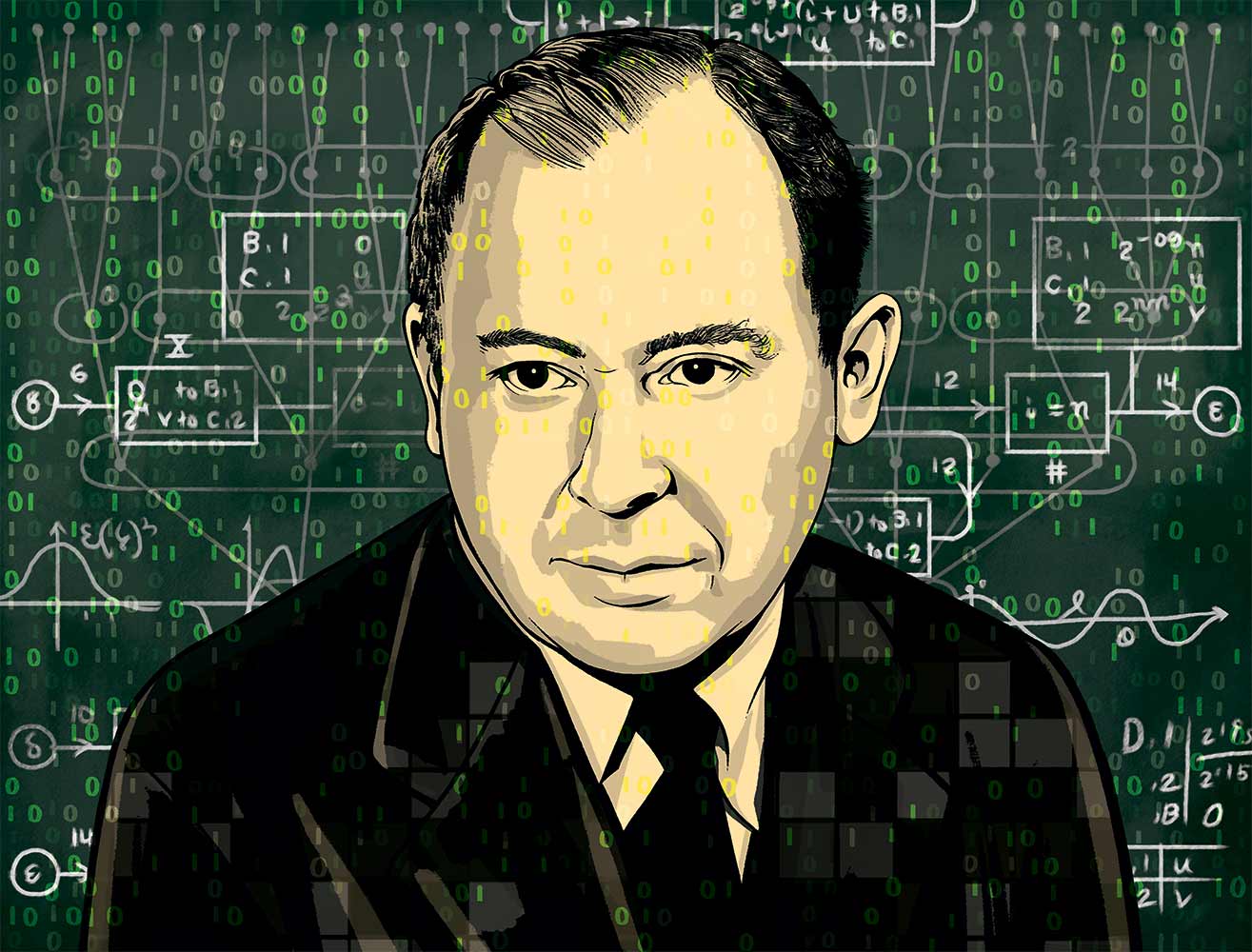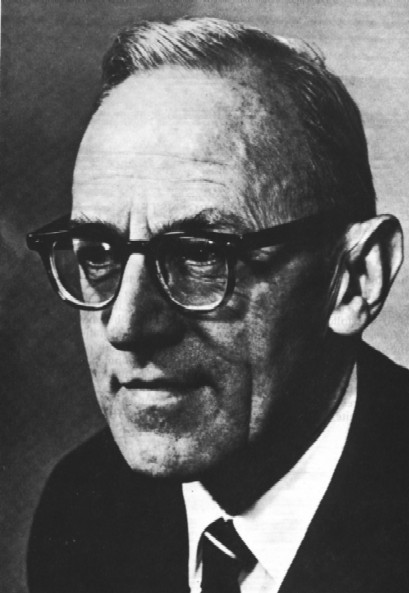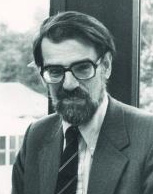Let's talk about a topic that most people virtually consider impossible, and the rest assume it to be possible by the handiwork of aliens, spiritually possessed people and whatnot.
Predicting the future.
Now the question is, is predicting the future truly impossible?
With the progress man has made from being a caveman to living in multi-complexed apartments and striking business deals, have we still not been able to reach such a mental state through which we can see the future?
Well, the answer to the question isn't what can be given in an absolutely straightforward manner. One would have to start first at a specific point in history, when a certain man who could supposedly predict the future ( and has too) was born.
And that man happens to be Nostradamus.
Michel de Nostredame, often known as Nostradamus, is considered to be the most widely read seer of the Renaissance. He was not only a seer, but also an apothecary, a physician, and an astrologer.
Born in the year 1503, Nostradamus was born to Jaume de Nostredame and Reyniere de Saint-Remy Salon-de-Provence in France.
Nostradamus was known for writing 'Les Propheties', which was a book containing predictions for the future. Until now, more than 70% of his predictions have come true! Some of these predictions include the assassination of the U.S. President John F. Kennedy in the year 1963; the attack on the Twin Towers in New York on September 11, 2001; the Chernobyl nuclear disaster in 1986; the rise of Napoleon Bonaparte, Adolf Hitler and Osama bin Laden among others.
The more one studies Nostradamus' prediction, the more they question themselves as to how Nostradamus could predict events way after his time. While, one may not exactly derive the answer to this, one must not assume that making accurate predictions on the whole is impossible.
It is, in fact, possible.
And it is made possible through a branch of mathematics.
A branch of mathematics called 'Game Theory'.
GAME THEORY:
Game Theory is the branch of mathematics that involves the examination of various mathematical models to analyze and arrive at all the possible logical events that may take place in a strategic game played between competing players.
It is used to make strategies as to how player should logically make moves as to win the game. Due to this, game theorists eventually arrive at all possible conclusions to the game, which is more or less predicting the future, as at some point or other they reach the event that actually takes place in the future.
Game Theory is used in the subjects of economics, social science, systems science, computer science, political science and more.
Some notable game theorists are:
♟Derek Abbott who made immense progress in quantum game theory and Parrondo's games (Parrondo's games are paradoxes based on the principle that a combination of losing strategies becomes a winning strategy).
♙William Hamilton who used game theory to make a mark in evolutionary biology and predicted the genetic variations of some creatures.
♟Anna Karlin was a prominent figure in algorithmic game theory which helped in the fields of data mining and system software.
♙Sarit Kraus who is a prominent figure in non-monotonic logic which is a formal logic having results that are usually not deductively valid.
"There are two kinds of people in the world: Johnny von Neumann and the rest of us."
-- Eugene Wigner, a Nobel Prize-winning Physicist
John von Neumann was born in the year 1903 in Budapest, Hungary.
He is not only considered to be the father of game theory, but the father of computer architecture too. He was a pioneer of quantum theory too. An interesting fact about Neumann is that he had an IQ that was estimated to be 190!
Neumann made immense contributions in the fields of game theory, computer science, mathematics and physics.
In 1928, Neumann was established as the father of Game Theory. His name was often used to describe Game Theory as the "von Neumann Algebras".
A very interesting fact about Neumann is that he and Robert Oppenheimer were colleagues. They shared similar lives too, with Neumann being a year older, and both of them being born to prosperous Jewish families. Neumann was a subordinate of Oppenheimer at Los Alamos during the Manhattan Project.
While the rest of the physicists working on the atomic bomb, including Oppenheimer were regretting their decision and criticized their creation, von Neumann was unapologetic. Oppenheimer had once remarked that physicists had "known sin" by creating the atomic bombs to which Neumann had replied that "sometimes someone confesses a sin in order to take credit for it."
In the year 1954, Neumann was asked to be a part of the five atomic energy commissioners. In 1955, he was diagnosed with pancreatic cancer.
Neumann's last few days speak a lot about his character and his personality.
The government had made sure to keep his death-bed guarded at all times, to prevent him from divulging any information related to the making of the atomic bomb, while Neumann had to take mind-numbing pain medications.
Neumann had become maddeningly afraid of death after learning of his condition and used to cry out at night, and even summoning a priest to his deathbed despite being an atheist all his life. During his last days, his mother passed away, and while his family tried their best to make sure Neumann did not come to know of it, their plan failed and Neumann came to know of it, from where things completely deteriorated.
John von Neumann passed away in the year 1957, aged 54.
THE PIONEERS OF GAME THEORY
Together with John von Neumann, the most important members of game theory include economist Oskar Morgenstern, mathematician John Nash, and one of the most important figures in game theory, Lloyd Shapley.
Oskar Morgenstern: Born in Germany in 1902, Morgenstern was a successful economist. He worked with Neumann, and became to be considered one of the founders of game theory. Morgenstern and Neumann collaborated together to write the book "Theory of Games and Economic Behaviour" in 1944. This book also happens to be the first book on game theory. Morgenstern became a member of Princeton University as a professor of economics, and in 1950, he was elected to be a "Fellow of the American Statistical Association". He retired from Princeton in the year 1970, and joined the New York University as a faculty member. Morgenstern also collaborated with the Nobel laureate, Clive Granger for "Predictability of Stock Market Prices" and "On the Accuracy of Economic Observations". He breathed his last in the year 1977.
John Forbes Nash Jr.: John Nash was an American mathematician, was born in 1928 in Bluefield, in the U.S. . He won the Nobel Prize in 1994, for his work in game theory which included the Nash equilibrium theory, which is a theorem that states that "a player can achieve the desired outcome by not deviating from their initial strategy."
John Nash achieved all this despite suffering from schizophrenia, as is shown in the film "Inside a Beautiful Mind", which is based on him.
In the year 2015, when John Nash and his wife Alicia Nash were returning after collecting his Abel Prize, in Norway, they became victims to a car accident, and passed away.
Lloyd Stowell Shapley, an American mathematician and economist was born in 1923, in Massachusetts. Shapley was awarded the Noble Prize for Economics in 2012, for his work on "the theory of stable allocations" in game theory.
Shapley was a professor of economics and mathematics at the University of California. However, even after his retirement, he was allowed to keep his title as an honour.
He passed away in the year 2016, due to complications from a broken hip.
These are the people who have made the most contributions to the field of game theory. Hopefully, in the future more such people will continue to make immense progress in this unpredictable field of predictability.
***





The topic was very informative and interesting. People usually think that predicting the future is a joke but this blog proved that it is possible and people have done it before. I was surprised to know that there was even a branch of mathematics related to it. I really enjoyed reading the blog. It is definitely a ‘must-read’.
ReplyDeleteThank you so much to take your time to read it. I am happy that you enjoyed it
DeleteIt's a well-written piece. Well-done. Very good flow, appreciation. An admirable effort is made to incite a thought-provoking question, followed by well done research and exploration before answering the same. Who doesn't want to predict the unpredictable future! Not only Western thinkers and mathematicians but also many Indian thinkers explored the future and attempted 'predictions'. Yogi Vemana or Kala Brahmam from the southern part of India compete with Nostradamus in predicting future with their 'sixth sense' or 'seventh'. Overall, I enjoyed going through thoughts, reflections, and information shared in the blog; the layout of the essay and photos aided in easy reading as well as clarity of thought. The universe is built with randomness. And randomness per se is unpredictable- beyond a certain level. 'Black swan' events make all our best-fit mathematical or statistical models expire beyond a period and terribly go wrong. What we know is infinitely smaller than what we don't know - is a common saying. Intellectual capacity of human brain has limitations. In a day-to-day practical sense, adaptability to a given situation is more important than predicting a distant unknown outcome. Good work, do keep writing blogs.
ReplyDeleteThank you so much for taking the time to read the blog. I do agree that in the end what we, as humans know is infinitely smaller than what we don't know, which is exactly why we must expand our knowledge to understand the universe ,and more importantly understand the topics that we don't understand. The obscure branches of science, physics, philosophy are only some of them. If we mankind as a whole can make an attempt to understand these worldly topics, I believe that we can understand the universe better
Delete